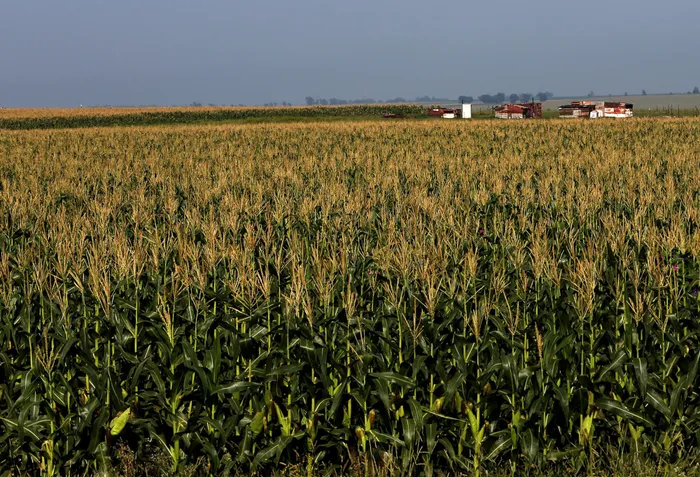Farmers welcome G20’s strong commitment to agriculture, food security and open trade
G20

Agricultural associations welcomed the G20 Summit declaration over the past weekend highlighting agriculture as a means to address food security.
Image: File
South Africa’s agricultural organisations have welcomed the G20 Leaders’ Declaration issued over the weekend, saying its renewed focus on agriculture, food systems resilience and global food security marks a major step forward for the sector.
G20 Leaders emphasised that progress depends on modernising agriculture, strengthening biodiversity and soil management, improving water and energy efficiency, reducing food waste, adopting climate-smart technologies and supporting smallholder and family farmers.
Wandile Sihlobo, chief economist at the Agricultural Business Chamber of South Africa (Agbiz), on Monday said the statement is a welcome and necessary affirmation of the importance of World Trade Organisation (WTO) rules in global agriculture.
“South Africa's agricultural sector is export-led, and the WTO plays an essential role in ensuring fairness in international trade. The fairness of global trade is also key to ensuring that the world can achieve food security through trade, amongst other interventions,” he said.
He added that climate change adaptation would require coordinated action among government, industry and research institutions. South Africa has already made gains through improved seed cultivars, enhanced animal genetics and safe, balanced use of agrochemicals and fertilisers.
While some global voices have called for steep reductions in agrochemical use, Sihlobo said South Africa continues to emphasise scientifically guided, appropriate application
“We must be guided by science rather than rhetoric and politics on food matters. We take it that the G20 Leaders Declaration's focus on sustainable technologies and innovation encompasses such approaches as those of South Africa.”
Beyond domestic issues, Sihlobo welcomed the G20’s focus on poverty—particularly in Africa—arguing that boosting agricultural productivity is essential to reducing hunger and unemployment.
He said Africa requires improvements in land governance, technology adoption, infrastructure investment and open trade, alongside support for commercial and smallholder farmers. “
“These are all lessons that can be drawn from South Africa's agricultural story for the good of the African continent.”
Francois Rossouw, CEO of Southern African Agri Initiative (Saai), said the declaration rightly places agriculture at the centre of global economic and security debates.
“The G20 openly acknowledges that up to 720 million people still go hungry and 2.6 billion cannot afford a healthy diet, and links that directly to the need for more resilient, modernised agricultural and food systems. For the farming industry, this matters on two fronts,” Rossouw said.
“Firstly, it signals that investment in farmers – especially smallholder and family farmers – is now seen as a primary tool to fight hunger, not an afterthought.”
Rossouw highlighted the G20’s support for African agricultural programmes such as CAADP, as well as commitments to stronger seed systems, fertiliser production, improved storage and distribution, and enhanced intra-African trade.
These measures, he said, position productivity and market access as strategic imperatives rather than charity-driven efforts.
He also welcomed the recognition of broader enablers such as infrastructure, climate resilience and digital tools, which he said are essential for ensuring farmers remain profitable while meeting rising food demand.
TLU SA general manager, Bennie van Zyl, said the G20’s declaration reinforces the fundamental importance of agriculture.
“That is for us a very important approach to make sure that we keep our commercial agricultural sector alive,” Van Zyl said.
“We have a large number of small-scale farmers and according to statistics of South Africa, they make a contribution of approximately 3 to 5 percent of all the food that is produced in our country, while the commercial sector produces the rest.”
BUSINESS REPORT